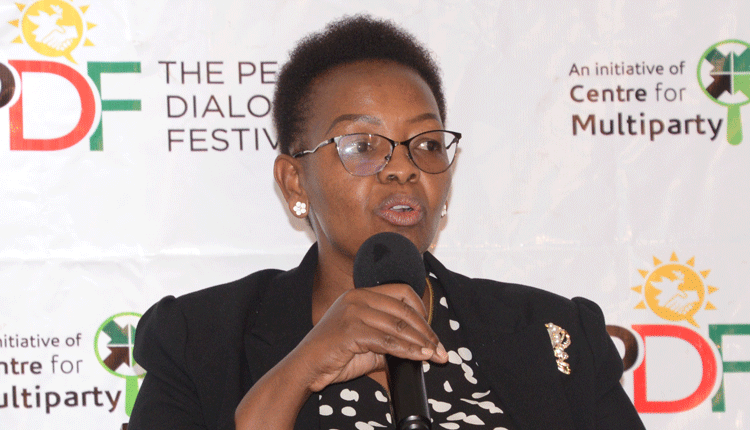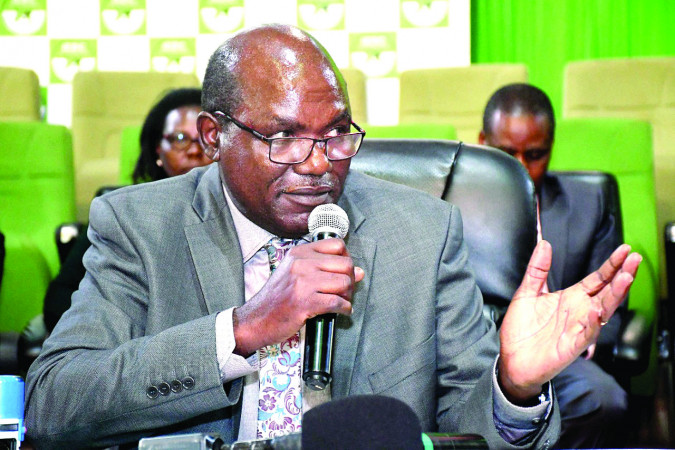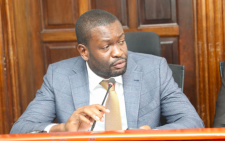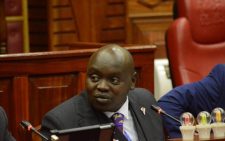Parties on the spot over gender rule

With about a week to the much-anticipated party primaries, all eyes are on political parties and how they intend to fulfill the two-thirds gender quota.
Female aspirants have expressed concerns on the low numbers of women in key political party positions. This, the women argue, could affect their participation in the 2022 electoral process. The few who have broken the yoke of male dominance and are holding positions claim they are subjected to discrimination and harassment.
Some of them lead the women’s league while others serve as chairpersons in counties. Among the major political parties, only UDA has appointed a woman to hold the powerful seat of the Secretary General through Veronica Maina.
In parties, however, very few women have been mandated with preparations of nominations save for ODM party, which has a woman leader, Catherine Muma, as the National Elections Board chair.
Other parties do not have women directly involved in the management of elections and nominations. In an interview with some women leaders on the experiences of women in party leadership, People Daily established that a majority of them are subjected to harassment and frustrations.
Millicent Abudho, the Ford Kenya deputy party leader, says women have to work extra hard and must develop a thick skin to take up leadership positions within political parties. She claims the few who rise up the ranks become instant targets by men keen on ejecting them. “Although, I am a deputy party leader, it came through a tough struggle,” she admits.
Before she became the deputy party leader, she had a short stint as Ford Kenya Secretary-General but was ousted. She blames her removal on her gender.
“If political parties were supporting women, by now we could not be having issues with the two-thirds gender rule,” she said. To increase the participation of women in political leadership, she suggests that men should accept that women can also lead in political parties.
Stiff opposition
Former Citizen Conventions Party (CCP) leader Grace Akumu is among the few women who defied odds to establish her own party in 2005. She used her position to champion the interests of women amid stiff opposition from her party members.
Akumu claimed she faced all manner of attacks. And last year, she bowed out of the party and instead rejoined ODM as an ordinary member.
“When I was the CCP party leader, I was subjected to a lot of attacks both verbally and online. Even fellow women also attacked me,” she claimed.
According to her, having more women in vital decision-making organs is important, especially during party nominations.
Weighing in on the matter, Nominated Senator Rose Nyamunga, said more women should be allowed to lead in political parties to be tested and judged fairly on whether they have performed or not.
Registrar of Political Parties Anne Nderitu says nationally, women lead only in six political parties. Having fewer numbers of women in party leadership, she says, affects decisions within the parties, especially those that affect women.
She said at the Registrar’s office, they ensure every political governing body must meet the two-thirds gender rule. “We also conduct specific advocacy to talk to political parties about inclusion of women and also engage them within political parties to advocate for their rights,” she said.
For the past years, she said they have seen growth from two to six parties being headed by women. The country has a total of 85 political parties that completed their registration as at February.
Patrick Odame, the Kisumu county Independent Electoral and Boundaries Commission election manager, says their role is to implement the Constitution as it is.
A push by various entities to ensure the two-thirds gender rule has hit deadlocks with various State Organs faulted as some of the stumbling blocs in the quest to achieve the initiative. “Bigger part of the gender rule is for parties to front women to contest seeing as the party list has limited slots,” he said.
Booker Omole, the Communist Party chairman, blames patriarchy for the low numbers of women actively participating in politics. He says during recruitment of party members, they train women to expose them to leadership through their ideological programme.
“The training helps us to prepare several women in awaiting for leadership as compared to the legislative process that tries to enforce agenda parity regulations just like in Parliament,” he said.
Amani National Congress Secretary General Simon Kamau, however, holds a contrary opinion. He says women have not been isolated but instead given equal and in fact better chances than men.















